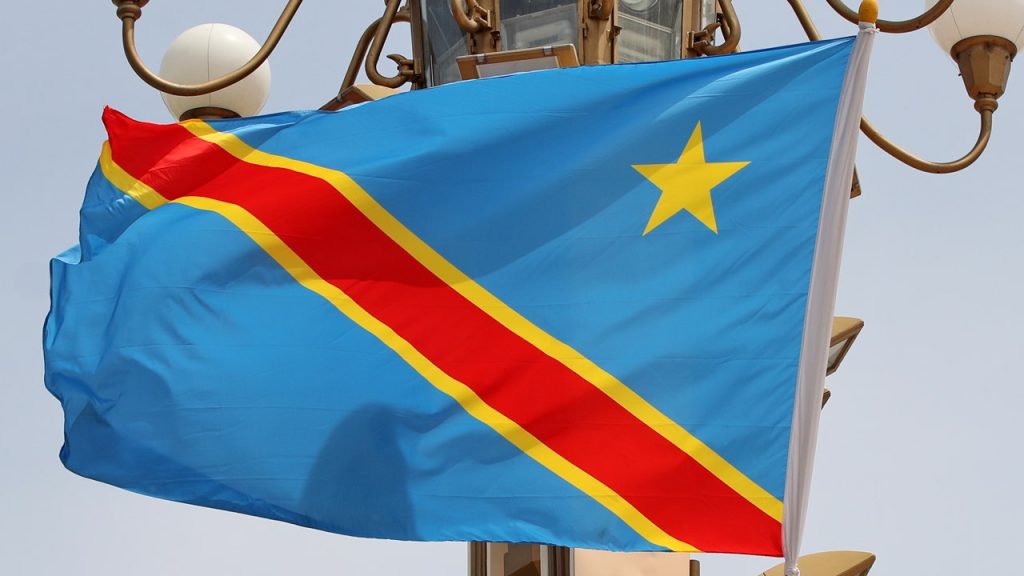The Democratic Republic of Congo has initiated a significant transfer of death row inmates, relocating over 170 convicts from the capital city to a high-security prison in the northern Mongala province. These prisoners, predominantly young men between the ages of 18 and 35, have been convicted of armed robbery and are widely referred to as “Kulunas” or “urban bandits.” This action marks a notable step in the Congolese government’s renewed focus on capital punishment, which was reinstated in 2006 after being abolished in 1981. While the exact date of the executions remains undisclosed, the transfer signals an impending resumption of capital punishment, raising concerns about due process and human rights. The government’s justification centers on restoring order and security in urban areas plagued by Kuluna activities.
The decision to transfer and execute these convicted criminals has sparked a polarised public response. Many Congolese citizens, weary of escalating urban crime and the fear instilled by the Kulunas, have expressed support for the government’s decisive action. They see the resumption of capital punishment as a necessary deterrent and a crucial step towards reclaiming public safety and restoring a sense of security within their communities. For them, the fear of encountering Kulunas has severely restricted their freedom of movement, particularly during evening hours, and the government’s action offers a glimmer of hope for a return to normalcy. This sentiment reflects a growing frustration with the perceived ineffectiveness of previous crime-fighting strategies and a desperate plea for a tangible solution to the pervasive threat of armed robbery.
Conversely, human rights organizations and activists have voiced grave concerns about the potential for human rights abuses and extrajudicial killings. They argue that the Congolese justice system is vulnerable to political manipulation and lacks the necessary safeguards to ensure fair trials and due process. The fear is that the urgency to address the Kuluna problem might override the principles of justice, leading to hasty convictions and arbitrary executions. The opaque nature of the judicial process, coupled with the lack of transparency surrounding the planned executions, only fuels these concerns. These groups emphasize the need for strict adherence to judicial procedures and respect for fundamental human rights, even in the face of pressing security concerns.
The Congolese government’s decision to reinstate the death penalty and transfer these prisoners occurs against a backdrop of complex social and economic challenges. The country has grappled with issues of poverty, unemployment, and social inequality, all of which contribute to the cycle of crime. While the government’s focus on addressing immediate security concerns is understandable, critics argue that a more comprehensive approach is needed to tackle the root causes of urban crime. They advocate for a multi-pronged strategy that encompasses social programs aimed at poverty reduction, job creation, and educational opportunities, in conjunction with effective law enforcement.
Furthermore, the government’s renewed emphasis on capital punishment occurs within a larger context of military trials and convictions. In recent months, several soldiers have been sentenced to death for treason, further highlighting the government’s willingness to utilize the death penalty. However, despite these sentences, no executions have yet been carried out. This raises questions about the timing and motivation behind the current transfer of Kulunas, particularly considering the last execution in Congo took place over two decades ago. The absence of information regarding the scheduled executions adds to the uncertainty and fuels speculation about the government’s true intentions.
The transfer of these death row inmates has thus intensified the debate surrounding capital punishment in the DRC. While it is presented as a necessary measure to combat rampant urban crime and restore public safety, it also raises crucial questions about human rights, due process, and the potential for abuse within the judicial system. The lack of transparency surrounding the planned executions and the absence of a comprehensive approach to addressing the root causes of crime further complicate the issue. The international community will be watching closely to see how the situation unfolds and whether the Congolese government upholds its commitment to human rights principles while addressing its internal security challenges.

